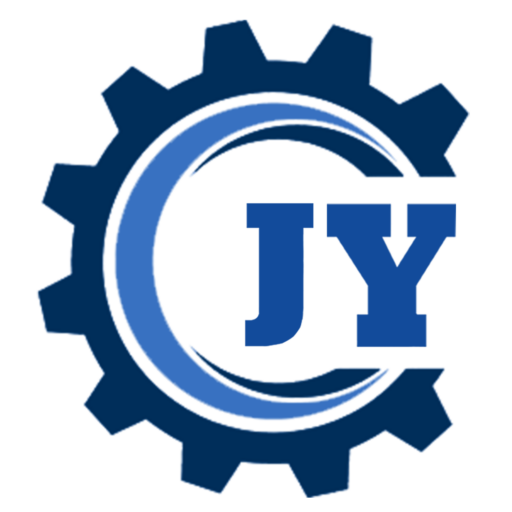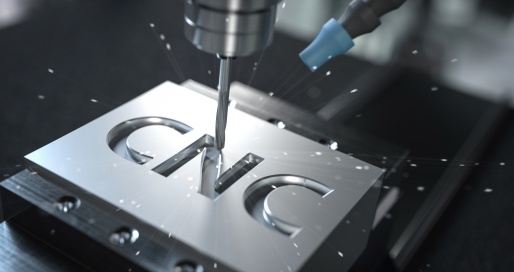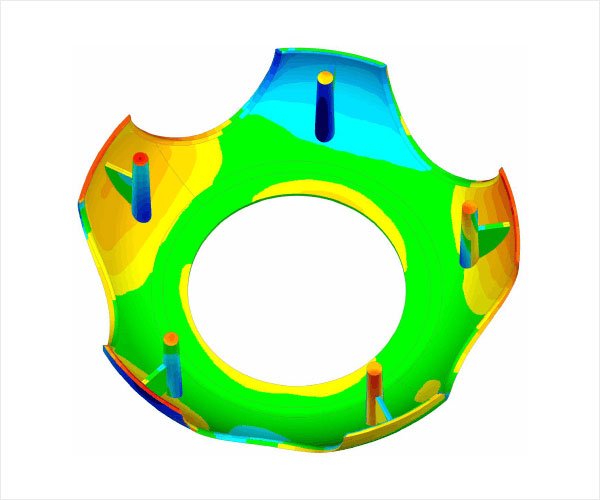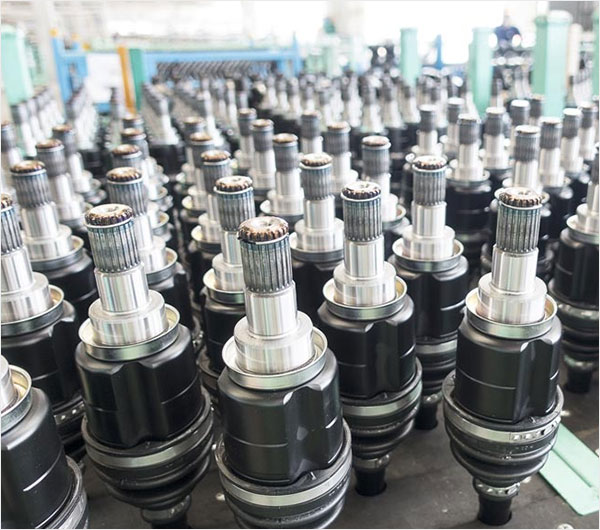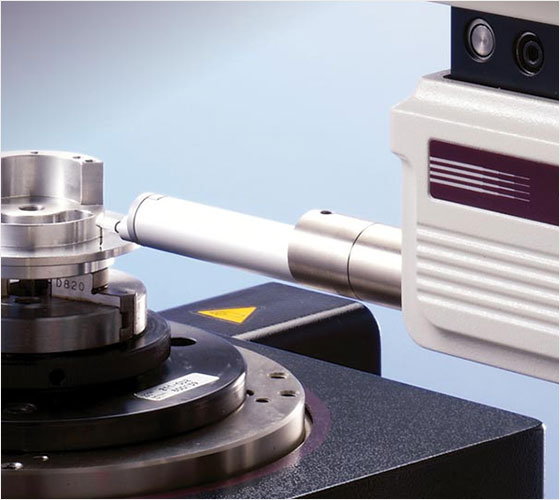CNC (Computer Numerical Control) machining is critical to modern-day production. It’s a generation in which machines can reduce, shape, and collect components precisely and efficaciously. Today, industries from motors to aerospace and electronics use CNC machining to make everything from automobile factors to cellular telephone additives. This technique is vital because it’s fast, accurate, and can create complicated shapes that might be difficult to use hand tools.
What is CNC Machining?
CNC machining is a way to use PC systems to control machines like turbines, lathes, and routers. These machines reduce, form, and stop substances like metal, wood, and plastic into precise designs. The manner begins offevolved with a format made on a computer, frequently using a selected software application software program called CAD (Computer-Aided Design). This layout is then converted into a problematic and speedy of instructions that the CNC tool follows to create the element. Because of this laptop control, CNC machining can produce notably correct and standard components.
How Does CNC Machining Work?
The CNC tool follows a programmed code to create particular components. The software tells the device how to skip, where to reduce, and what speeds to apply. The code may be specific, specifying the smallest measurements to ensure accuracy. For instance, if a company wants to make a small steel element, it first designs it digitally and then applies the CNC device to reduce it to the precise form preferred.
This approach can also differ from traditional machining, wherein an employee manually manipulates the device. In CNC machining, as soon as the device is ready, the tool does the majority of the paintings independently, making the technique faster and more reliable.
Advantages of CNC Machining
CNC machining offers many benefits, particularly in the fast-paced production companies of recent times. Here are some of the top benefits:
- Precision and Accuracy: CNC machines may need to make real cuts and shapes. They can create artwork with tiny measurements, often all the way right down to fractions of a millimeter, making them ideal for industries like aerospace and electronics.
- Consistency: Every component made by a CNC system is similar to the remaining ones. This consistency is essential for production, where each part needs to be healthy or work perfectly with others.
- Speed: CNC milling and turning is quicker than guide machining. Once this system is installed, the machine can preserve generating components without delays, boosting manufacturing quotes.
- Complex Designs: CNC machines can create very particular and complex designs that are difficult to achieve with manual machines. This ability is beneficial for products that want elaborate shapes or designs.
- Safety: Since CNC machines perform routinely, fewer workers are exposed to risky cutting equipment and equipment. This feature makes production environments more secure.
Applications of CNC Machining in Different Industries
Many industries rely on CNC machining to make parts and products. Here’s how some of them benefit from this technology:
- Automotive Industry: CNC machines make components like engine blocks, gears, or even tiny sensors. These components require excessive precision because even a small mistake can motivate an engine to fail.
- Aerospace Industry: Airplanes and spacecraft want extremely unique elements to function thoroughly. CNC machining allows the aerospace industry to make those components to precise standards.
- Electronics Industry: CNC machining facilitates the production of small, specific parts for electronic devices, such as smartphones, laptops, and clinical equipment.
- Medical Industry: CNC machines create elements for surgical devices and implants, which require practical actual configurations and dimensions.
Why CNC Machining is Important in Manufacturing
CNC machining has emerged as a backbone for production. Its capacity to supply components fast, correctly, and constantly is crucial for meeting today’s high needs. This generation permits producers to make large portions of components without compromising on quality. It additionally allows less waste as it only uses the precise amount of cloth needed.
Moreover, Custom CNC parts are vital for innovation. As new products advance, they frequently require specific shapes or components. CNC machines can deal with these demands by quickly developing new components, helping companies deliver new products to the marketplace.
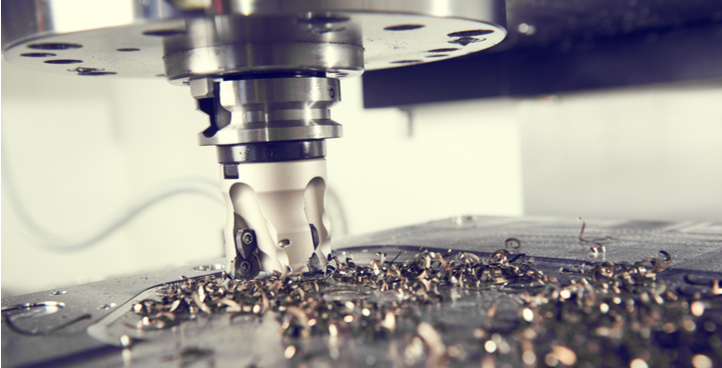
Which is the exceptional CNC Machining service company in China?
When looking for a pleasant CNC machining services provider in China, Junying CNC Machining Center is a top choice. With many years of experience in the area, Junying is understood for its extraordinary manufacturing and precision. Their services cover a vast range, from custom components manufacturing to complex aspect design, making them ideal for the automobile, electronics, and aerospace industries. They use the CNC machining process to ensure every part meets precise standards so clients get dependable and accurate results whenever possible.
FAQs about CNC Machining
What substances can CNC machines paint with?
CNC machines can work with many materials, including metals, plastics, wood, and glass. Material preference depends on the components’ use and enterprise necessities.
How accurate is CNC machining?
High-precision manufacturing is exceedingly accurate, regularly inside fractions of a millimeter. This precision is why CNC machining is prevalent in industries that want actual elements, like aerospace and electronics.
Can CNC machines make complicated shapes?
Yes, CNC machines can make complicated shapes and designs. This ability is one of the most essential advantages of CNC machining, as it permits producers to create specific parts that might be difficult to make by hand.
Final Thoughts
CNC machining is crucial to the manufacturing world. It permits the immediate, correct, and secure production of parts used in many industries, from automobiles to clinical gadgets. Its function of current output is considerable, no longer only due to the exceptional components it produces but also as it paves the way for innovation. As technology advances, CNC machining will likely continue to grow and improve, offering even more excellent opportunities for specific and efficient production.


